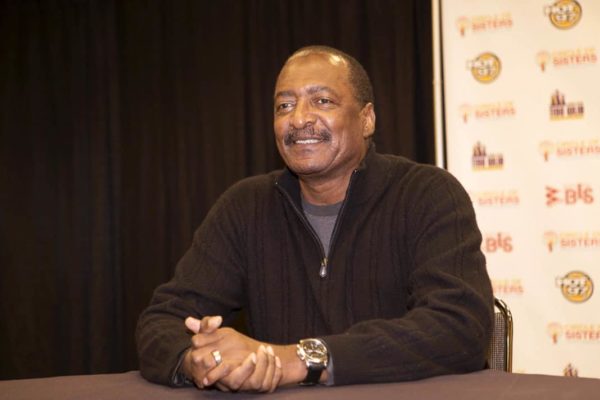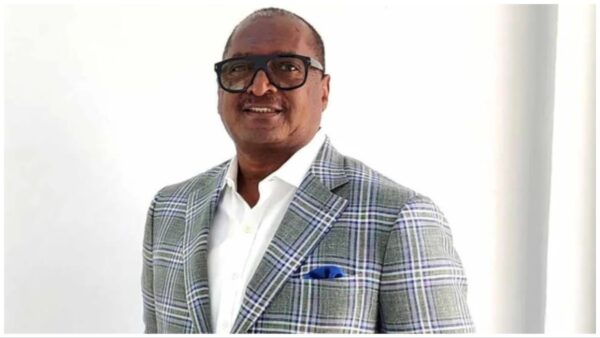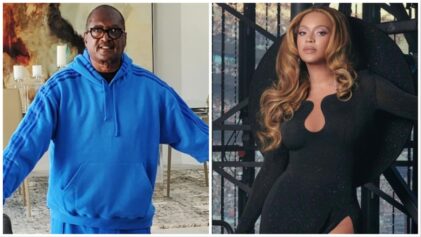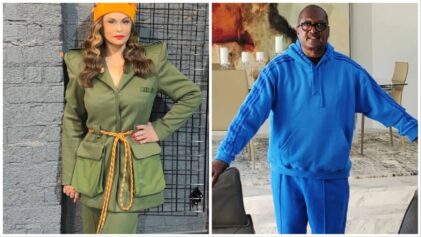Beyoncé’s and Solange’s father, Mathew Knowles, has been a long-time advocate for men much like him who were diagnosed with breast cancer. This October, in line with Breast Cancer Awareness Month, he’s using his platform to continue those efforts.

Men make up about 1 percent of diagnoses, although Black men, like Black women, face higher risks. Even after beating the disease itself, Knowles encourages men and women not to live in fear and to pay a visit to the doctor for confirmation.
Trending Today:

“As a survivor myself of male breast cancer, I want to offer those who live with cancer a message of hope, strength, and resilience…because each of these traits exist within you,” he wrote in a post on LinkedIn.
“Cancer may be a part of your life, but it does not define you. You are much more than a diagnosis, and your spirit shines bright enough to overcome any obstacle,” he continued. “I often tell people not to seek a life free of struggles, but for triumph over them. And I can’t wait to see you triumph.”
Knowles, who learned of his diagnosis in 2019, previously has opened up about his personal diagnosis. He said he went to the doctor after noticing blood spatters on his clothes and bed sheets. The 71-year-old had a mastectomy, therefore he was able to catch the cancer early at Stage 1A.
He also champions genetic testing after battling the same disease as his mother and aunts.
“Some of these genetic mutations are passed on to our kids and to our grandkids and to our great-grandkids,” he said during an interview with Survivor Net.
The CEO of Music World Entertainment has shared his hope for Black Americans to start doing checkups regularly and going to the doctor despite being up against racial disparities in the health-care system.
“This distrust goes back all the way to slavery, quite frankly. If there is a new day, I think we have to understand that people of color are in high positions in the medical profession and working vigorously to make change,” said Knowles.
“We can’t change what happened years ago, but we can effect change of what happens today. It’s about early detection.”
“When we’re saying, ‘Well, I’m not going to go to the doctor because of what they did 10 years or 20 years ago,’ ” he continued, “you’re only hurting yourself. You’re the one that will have the repercussions of not getting early detection.”
Knowles said he had to make various lifestyle changes after his diagnosis, which caused him to lose 31 pounds. “I stopped drinking alcohol. I started exercising daily. I understand the correlation between heart, cancer, and obesity,” he said.


